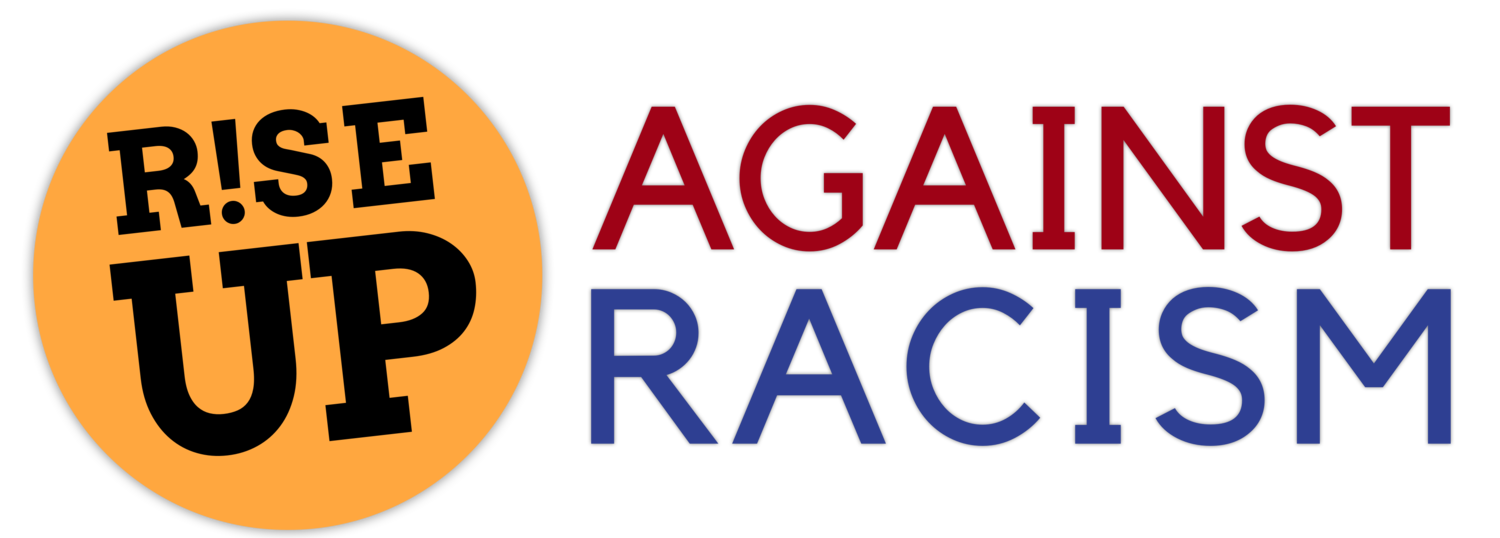An Inconvenient Fourth of July
The Fourth of July offers us a vital, yet inconvenient, time to reflect on the American promise. Vital in that all citizens, and especially those who are deeply committed to issues of justice, must confront the realities of a nation where Black Americans suffer the highest COVID-19 mortality rate, are statistically discriminated against in the criminal justice system, are represented in overwhelmingly disproportionate numbers in high poverty schools, receive harsher disciplinary treatment than their white classmates, and struggle to survive in communities that lack necessary access to healthy foods, medical care, and options for exercise.
This reflective process is inconvenient, of course, on the Fourth of July, when many people are partaking in the annual rituals of eating, drinking, and firework viewing. Inconvenient as we analyze the slow progress that has been made in regards to racial equality and the outrage we feel at the horrifying violence that is continually waged against Black Americans more than 240 years after our nation's birth.
As I continue to watch and be deeply inspired by the courageous, persistent, disciplined, and powerful work of #BlackLivesMatter activists who have passionately articulated the need for a totally restructured society, one free of overt and concealed racism, of white supremacy, of police brutality, and of exploitation, I am reminded of Frederick Douglass's "The Meaning Of July Fourth For The Negro." Douglass, the former slave and abolitionist leader of the 19th Century, was asked to give a speech to an anti-slavery society on July 4th, 1852. Douglass spoke to the hypocrisy of the holiday and questioned his very invitation to speak. His speech and our contemporary realities provide us all with an opportunity to assess the values elevated on July 4th: freedom, democracy, justice, equality.
The work of our organization, Rise Up Against Racism, centers on the idea that education can radically transform society. One of the books in our Antiracist Community Collection is Michelle Alexander's brilliant work, The New Jim Crow: Mass Incarceration in the Age of Colorblindness. Alexander’s book presents readers with the devastating results of the War on Drugs and details the systems of racial control operating in our country. It has been widely utilized in college courses and has been named One of the Most Influential Books of the Last 20 Years by the Chronicle of Higher Education.
As we reflect on this unprecedented Fourth of July, consider taking action by donating to our Antiracist Book Fund initiative and help us achieve our goal of creating antiracist book collections for our community and school. This year, as we remember the Revolution of 1776, perhaps it is also time for a revolution within ourselves: How are we “unlearning” our biases? How are we deepening our personal understanding of privilege and the nation’s history? What are we doing to disrupt racist systems and inequality?

